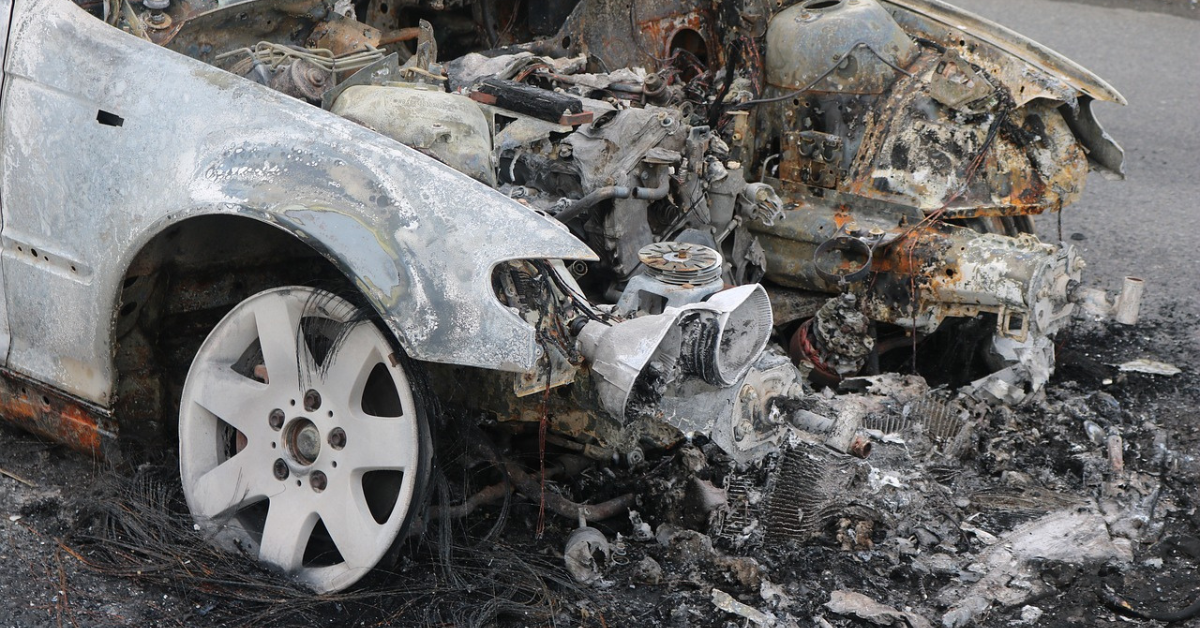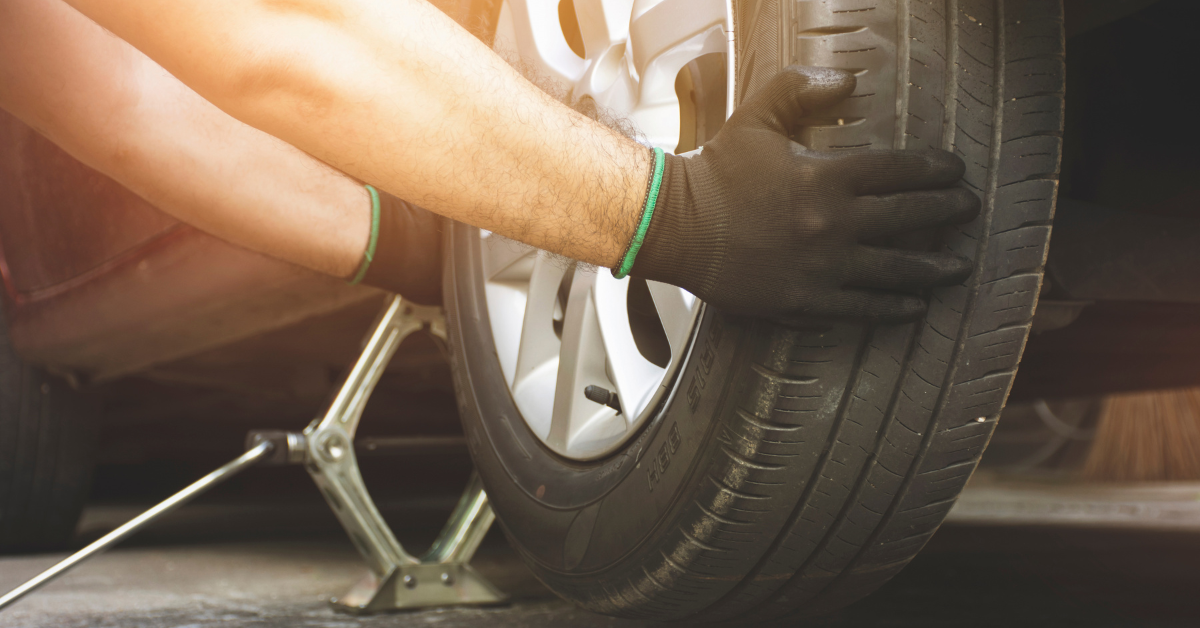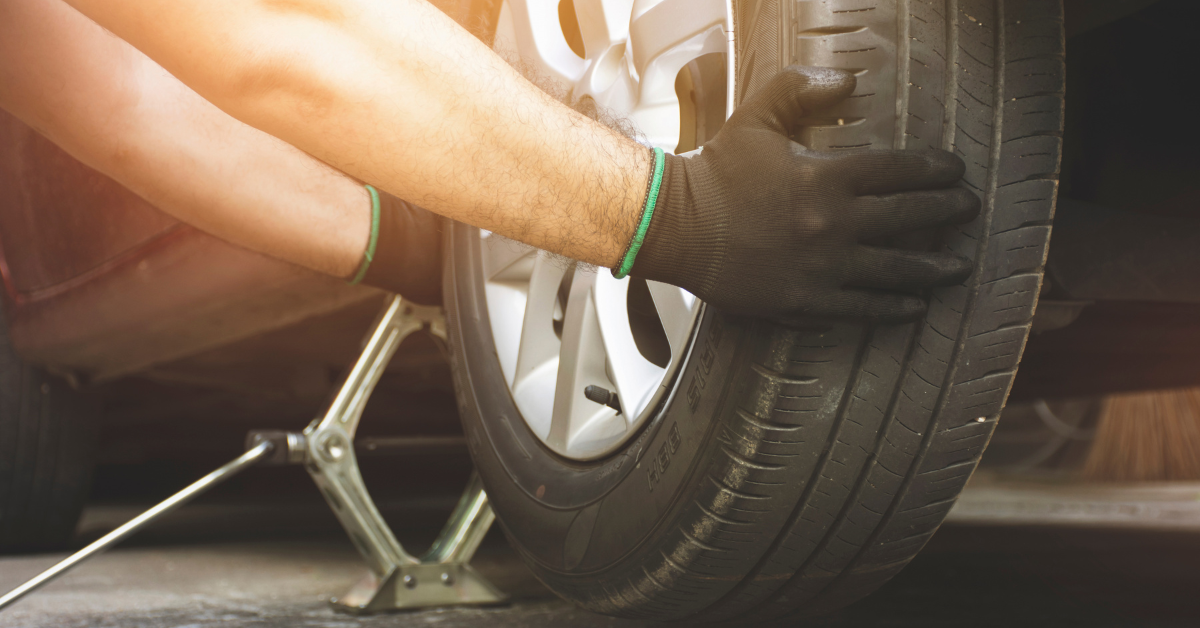
Exploring How Faulty Vehicle Systems Contribute To Accidents

*Collaborative Post
Car accidents caused by technical failures are a concerning reality on our roads today. These incidents often catch drivers off guard, turning routine trips into dangerous situations. Malfunctioning brakes, tire blowouts, or steering system failures can lead to devastating consequences in seconds.
While modern vehicles boast advanced safety features, mechanical issues still pose significant risks. Regular maintenance is crucial, yet some defects remain hidden until too late. The aftermath of such accidents extends beyond physical damage, affecting lives and communities.
Addressing this issue requires a multi-faceted approach involving manufacturers, regulators, and drivers. By understanding the causes of technical failures, we can work towards safer roads. This problem demands attention, as even a single accident can have far-reaching effects. Let us do so in this article.
Range Of Mechanical Failures
According to N8chiropractic, mechanical failures come in various forms, each posing unique challenges to vehicle safety and performance.
- Brake system malfunctions are among the most critical, potentially depriving drivers of control when they need it most.
- Tire failures, from blowouts to tread separation, can destabilize a vehicle at high speeds.
- Steering system failures can make a vehicle unresponsive, turning simple maneuvers into nerve-wracking ordeals.
- Suspension problems might lead to poor handling and increased risk of rollovers.
- Engine issues range from small difficulties to catastrophic breakdowns, frequently leaving drivers stranded.
- Transmission issues may cause unexpected gear shifts or complete power loss, creating hazardous situations on busy roads.
- Electrical system malfunctions can affect everything from lights to engine management, compromising safety.
- Fuel system problems can cause sudden halting or even pose fire hazards.
- Exhaust system failures not only affect performance but can also introduce harmful gasses into the cabin.
- Cooling system breakdowns can lead to engine overheating, potentially causing severe damage.
Each type of failure demands attention, as overlooking even minor issues can lead to major problems. Regular maintenance and prompt repairs are crucial in preventing these mechanical failures.
Are ‘Self-Driven’ Cars An Open Invitation To Fatality?
A tragic incident involving a Tesla Model 3 has ignited debates about autonomous driving technology. The car, driven by a Tesla engineering recruiter, Von Ohain, crashed on a mountain road in Colorado, reports The Washington Post. The vehicle went off track, hit a tree, and erupted into flames, killing the driver.
The surviving passenger, Rossiter, claimed that the car was using Full Self-Driving (FSD) mode during the accident. Both occupants were reportedly intoxicated, exceeding legal blood alcohol limits at the time of the crash. The incident has sparked controversy, with the deceased’s widow expressing feelings of exploitation by unsafe technology testing.
Tesla maintains that FSD requires constant driver attention and readiness to take control at any moment. Critics argue that the system’s marketing may create a false sense of security among users. Official data confirming the use of FSD is lacking due to the vehicle’s extensive damage and its location, which hindered data recovery.
This accident could potentially mark the first fatality directly linked to Tesla’s FSD technology. Even Tesla’s autopilot system has been involved in 13 fatal crashes, as per the Guardian. Moreover, there are increasing concerns regarding the safety of Tesla’s FSD system following a crash involving a motorcyclist in April, states APNews.
Colorado Springs Growing Problem
Recent data from the Colorado Department of Transportation (CDOT) reveals a mixed picture of road safety in 2023. Overall traffic fatalities decreased for the first time since 2019, marking a positive trend. However, pedestrian and bicyclist deaths saw alarming increases, raising new concerns about road safety.
Pedestrian fatalities rose by 16 percent, with 133 lives lost in 2023, reports Denver7. Bicyclist deaths increased even more dramatically, jumping 33% to 20 fatalities. These figures highlight the height of risk of non-motorized road users in Colorado Springs. When accidents result from technical errors, victims may pursue legal action against manufacturers.
Such cases can lead to higher compensation and raise awareness about product safety. Regardless of the cause, car accidents often have devastating consequences for those involved. Legal guidance from an auto accident attorney in Colorado Springs can be crucial for injury victims.
Springs Law Group reports that over 10,000 vehicle accident claims are filed annually in Colorado Springs. This high number underscores the frequency of car-related incidents and their impact on residents. It also highlights the importance of legal representation for those seeking compensation.
Frequently Asked Questions (FAQs)
What are the common types of technical failures that cause auto accidents?
Common technical failures include brake failure, tire blowouts, engine malfunctions, steering system defects, and issues with lights or signals. Faulty airbags and malfunctioning electronic systems, like cruise control or anti-lock braking systems, can also contribute to accidents, especially in high-speed situations.
Are drivers always liable in accidents caused by technical failure?
Not always. If the accident is caused by a manufacturing defect, the vehicle manufacturer or a parts supplier may be held liable. However, if the technical failure results from poor maintenance, the driver could be responsible. Determining liability depends on whether the failure was due to a defect or neglect on the part of the driver.
Can technical failures be detected early to prevent accidents?
Yes, many technical failures can be detected through regular vehicle maintenance. Routine checks of the braking system, tires, engine, and electronic components can identify potential issues before they become dangerous. Newer vehicles also have diagnostic systems that alert drivers to problems, giving time to address them before an accident occurs.
Technical errors in vehicles pose serious risks to road safety and driver control. These malfunctions can affect important systems, leading to unexpected and dangerous situations. Sudden loss of control, delayed responses, or safety feature failures may result from such errors.
The consequences can be severe, ranging from minor incidents to major accidents. When technical faults cause crashes, seeking legal guidance is essential for affected parties. Experts in personal injury or automotive law can provide valuable insights into available options.
They help navigate the complex legal landscape surrounding vehicle-related accidents. Understanding one’s rights and potential courses of action is necessary in these situations. Professional legal advice can make a significant difference in pursuing fair compensation and justice.
*This is a collaborative post. For further information please refer to my disclosure page.




